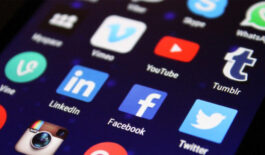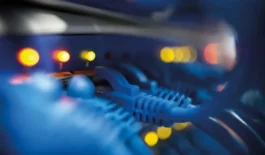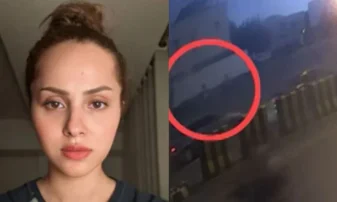(Daily Point) — In recent times, public figures such as celebrities, leaders, and athletes have grappled with disturbing deepfake videos showcasing them endorsing brands, uttering curses, or engaging in unexpected activities.
These AI-generated fake videos, while raising concerns about misuse, also underscore the potential positive applications of this technology in the digital age.
According to cybersecurity expert Rafay Baloch, deepfake technology utilizes artificial intelligence to produce fake audio, images, and videos, surpassing traditional methods like Photoshop or video editing. Baloch emphasizes that it has become increasingly challenging for individuals, even those with graphic design backgrounds, to distinguish between genuine and manipulated content.
Unlike previous methods that required thousands of images, modern deepfake algorithms can create convincing fake visual content with just one or two pictures. Baloch points out that currently, there is no foolproof method to prevent the creation of deepfakes, but major tech companies like Facebook and Google, along with leading research institutions, are actively working on detection mechanisms.
Baloch acknowledges the absence of a 100% effective deepfake detection solution globally. Nevertheless, he highlights instances where deepfake technology has been harnessed for positive outcomes. For example, an Indian politician used deepfake to translate his speech into seven languages for election campaign videos.
The positive impact of deepfakes extends to the entertainment industry, as seen with actor Henry Cavill’s unique challenge during the filming of two projects simultaneously. To accommodate conflicting requirements for facial hair in different films, filmmakers utilized computer-generated imagery (CGI). Baloch notes a case where a person claimed to have replicated the same character using deepfake software in just five minutes, spending $1,000 compared to the filmmakers’ $25 million budget.
Baloch emphasizes the broad scope of artificial intelligence, suggesting its application in emerging technologies like machine learning and cybersecurity. However, he cautions that the rise of AI could potentially lead to a reduction in job opportunities, as tasks become more automated.
Addressing concerns about privacy, Baloch mentions that individuals can file copyright claims if their likeness is used without permission. He advises affected parties to contact relevant authorities such as the Federal Investigation Agency and the Pakistan Telecommunication Authority.
On the issue of deepfake detection, Baloch explains that AI algorithms play a crucial role, with one algorithm creating deepfakes and another detecting them. He provides tips for identifying deepfakes, such as irregularities in eye blinking, anomalies in lip-syncing, and the frontal orientation of imagery, as creating images from the sides remains a challenge for deepfake technology.






























